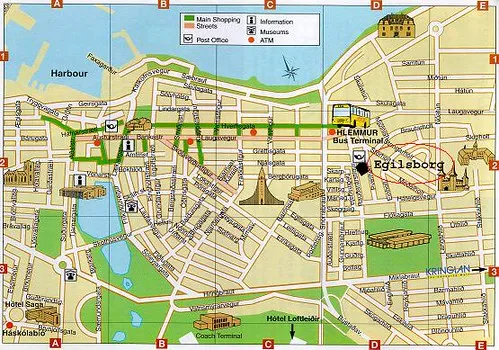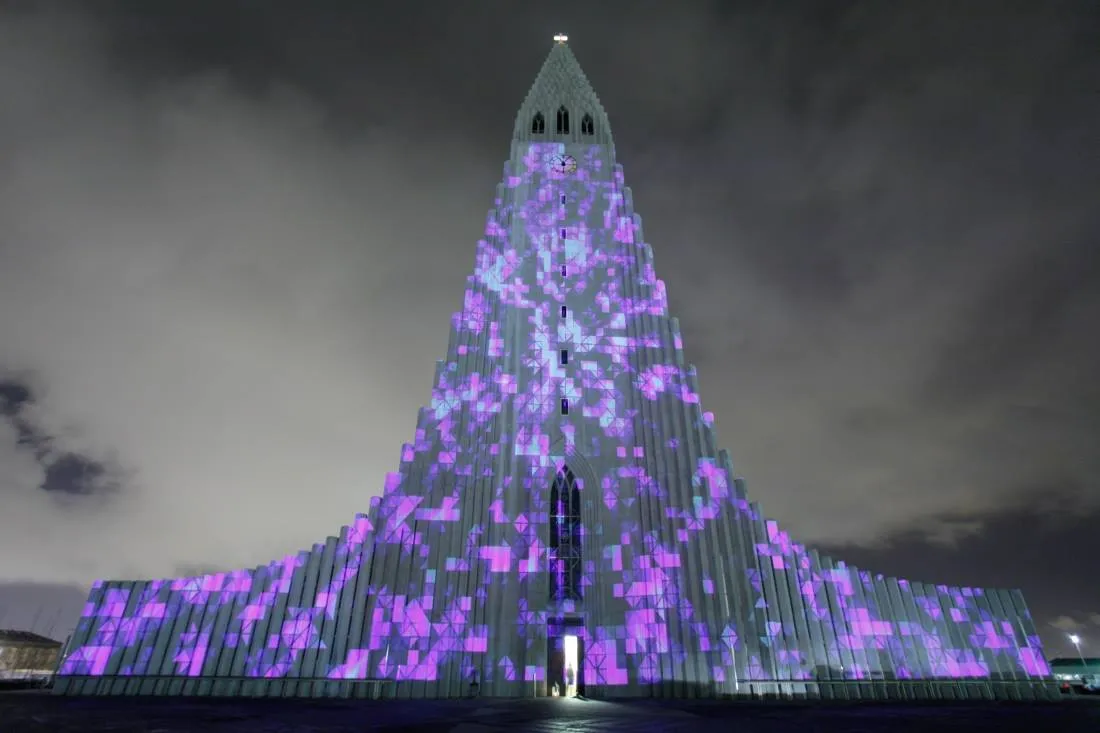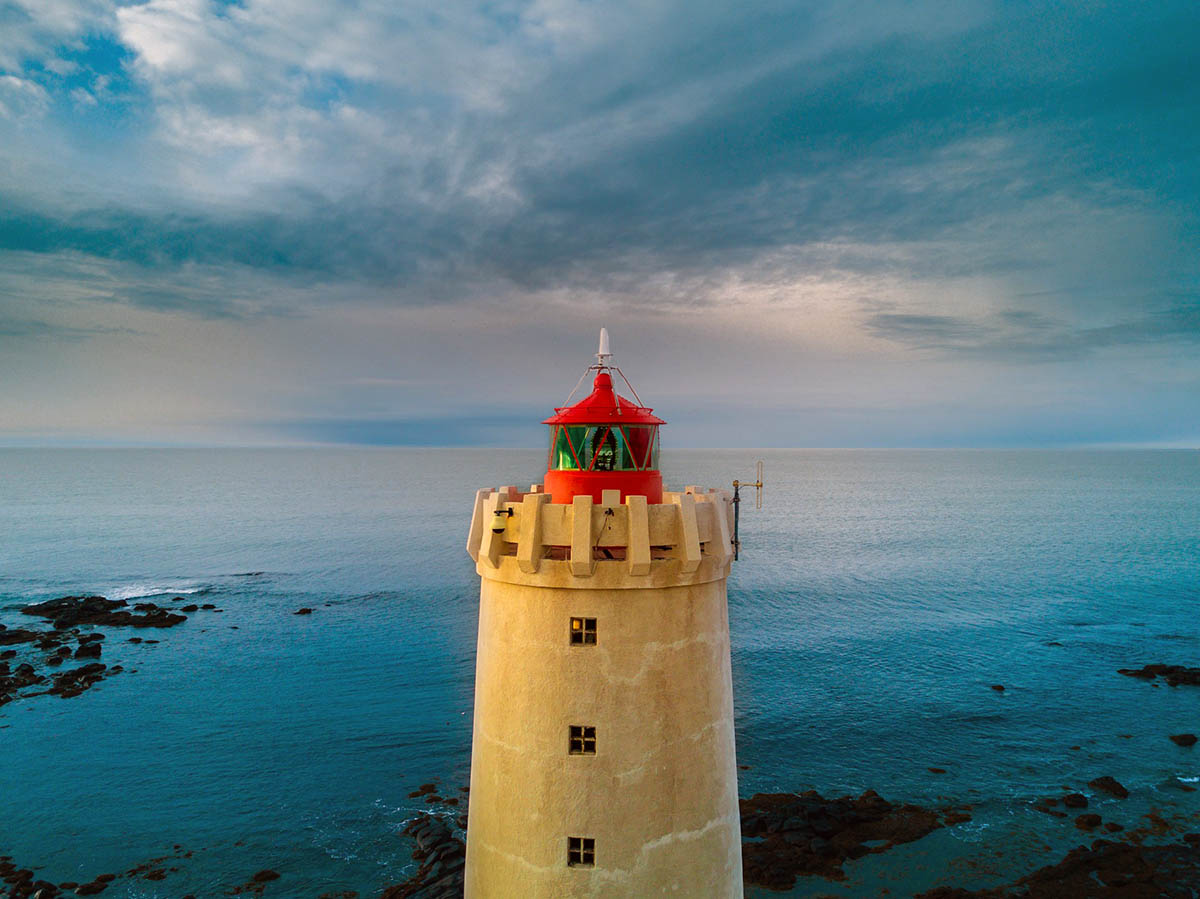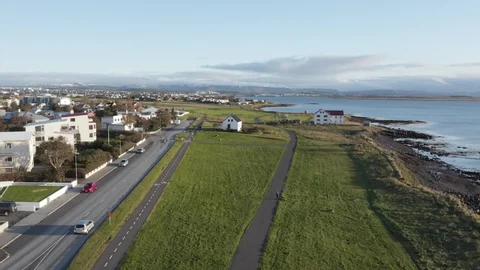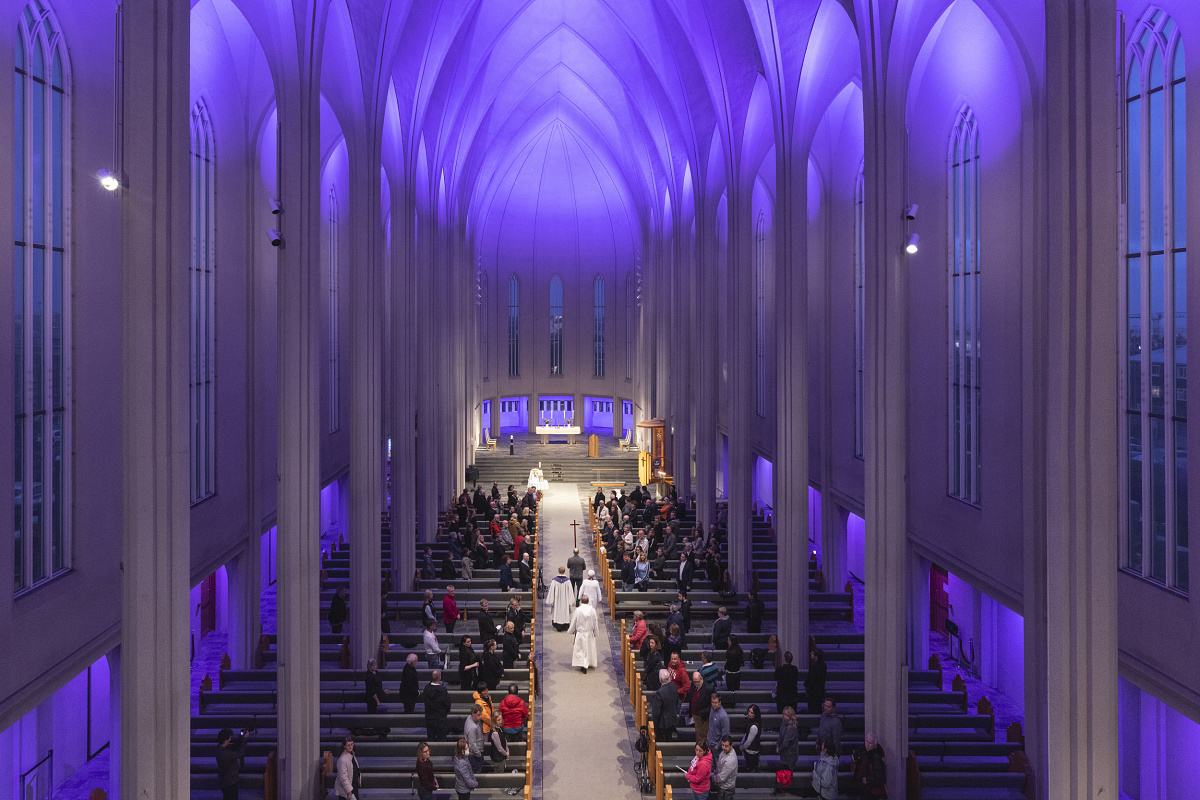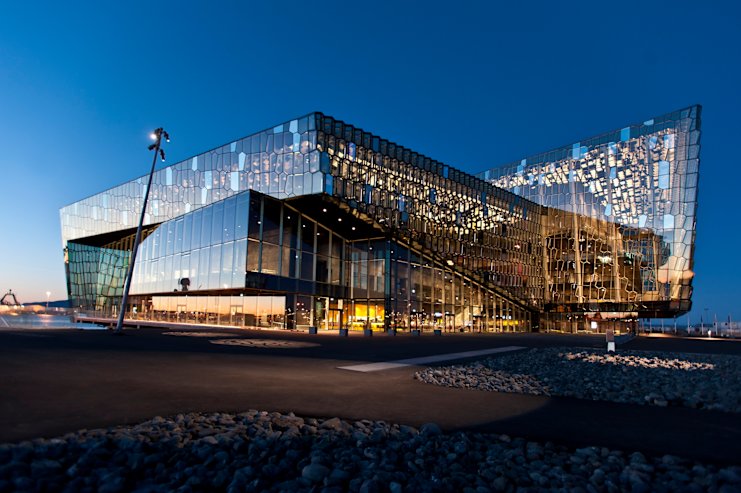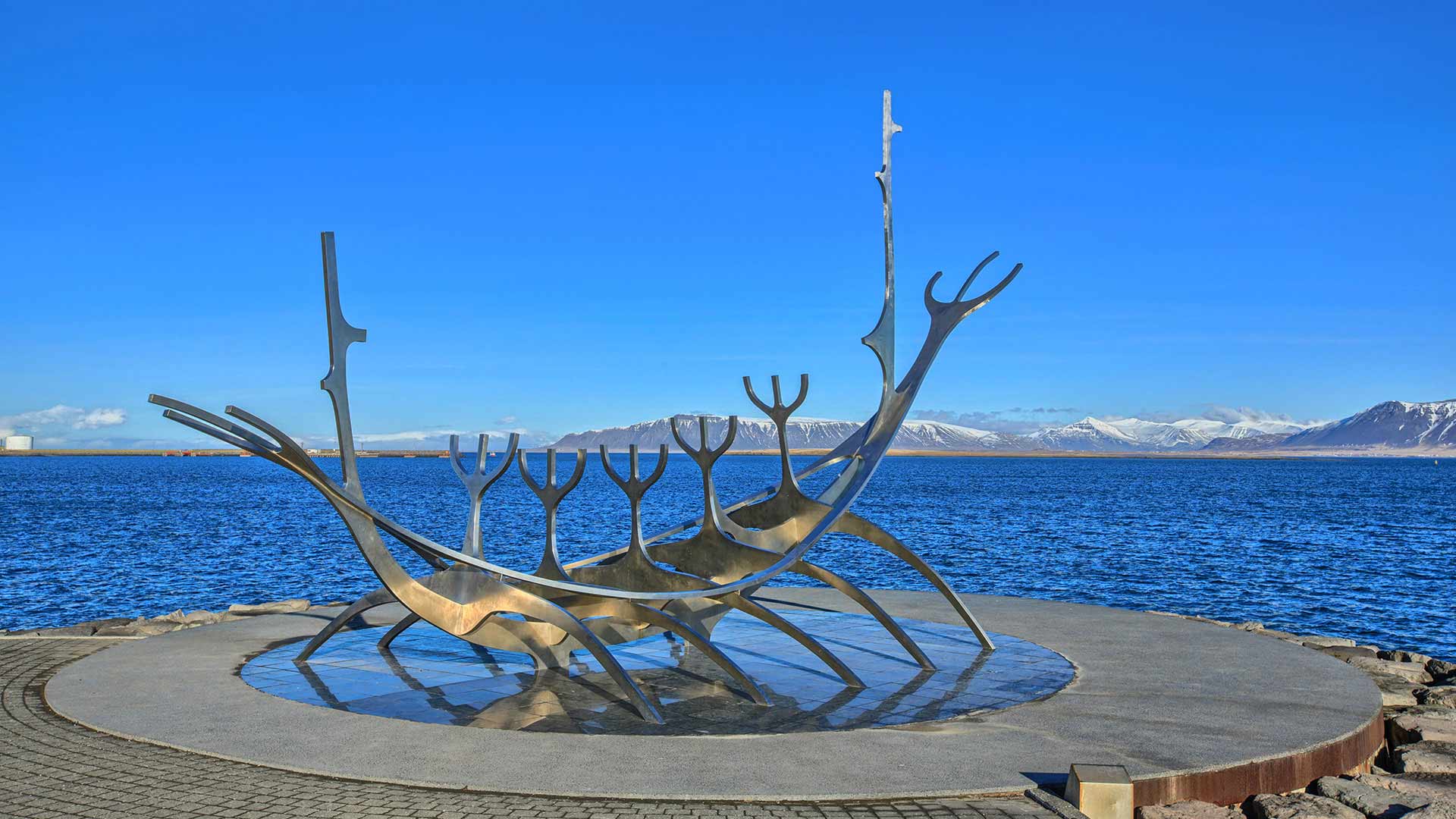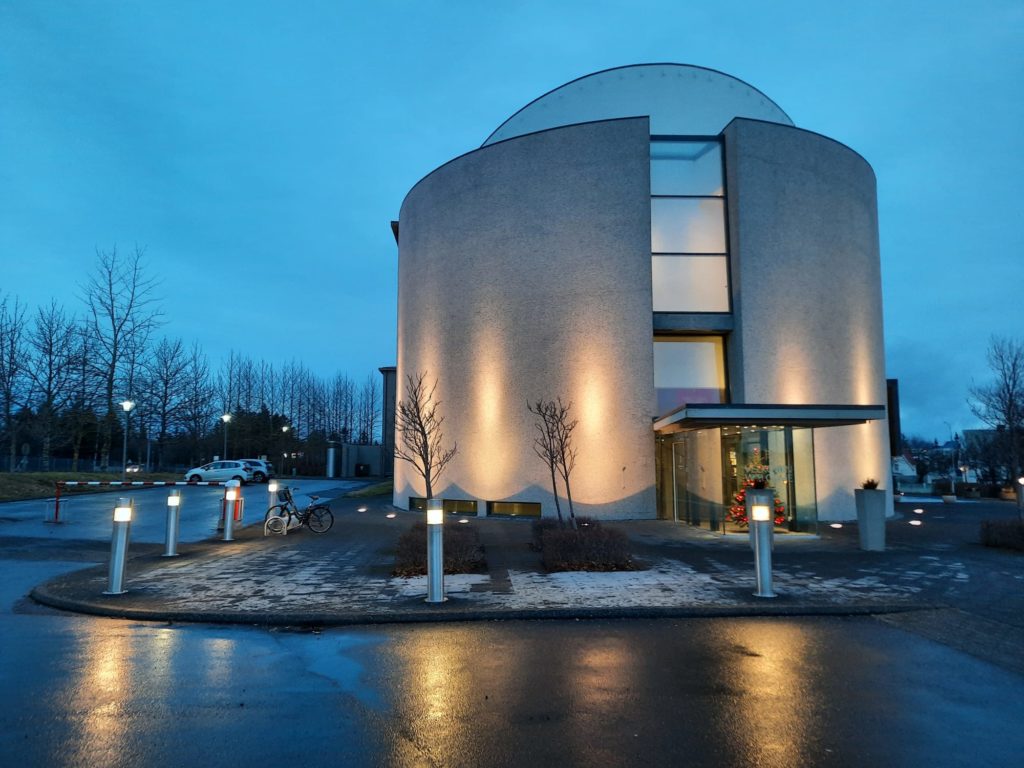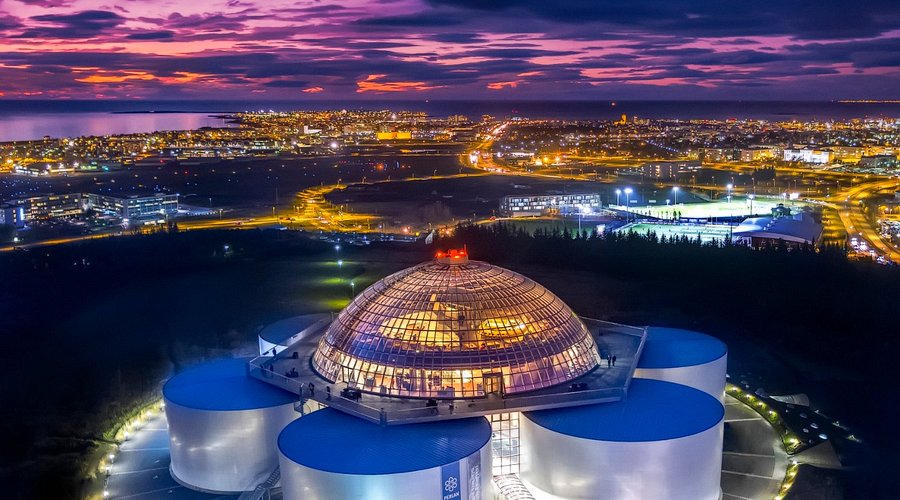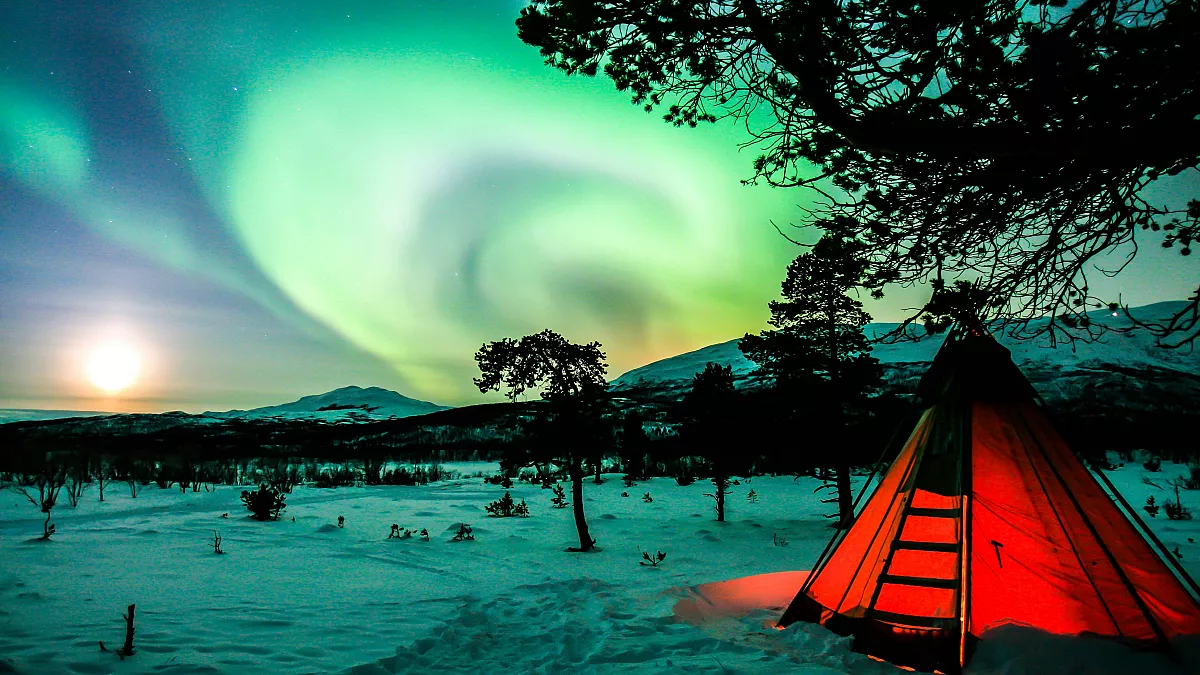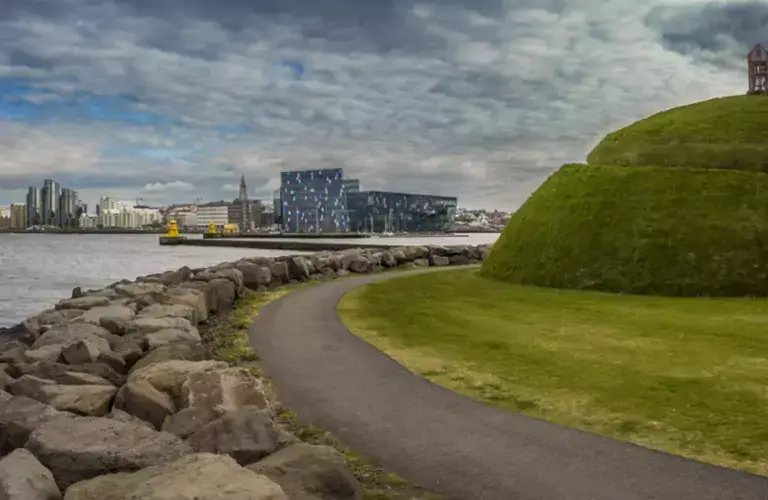Reykjavik Travel 2025 - Essential Tips & Must-Know Facts Before You Go
Reykjavik is a city where nature and culture collide. With everything from stunning views to unique museums, here's how to make your Reykjavik visit truly unforgettable.
Author:Maya ReyesReviewer:Finn WildeJan 02, 20253.7K Shares252.9K Views
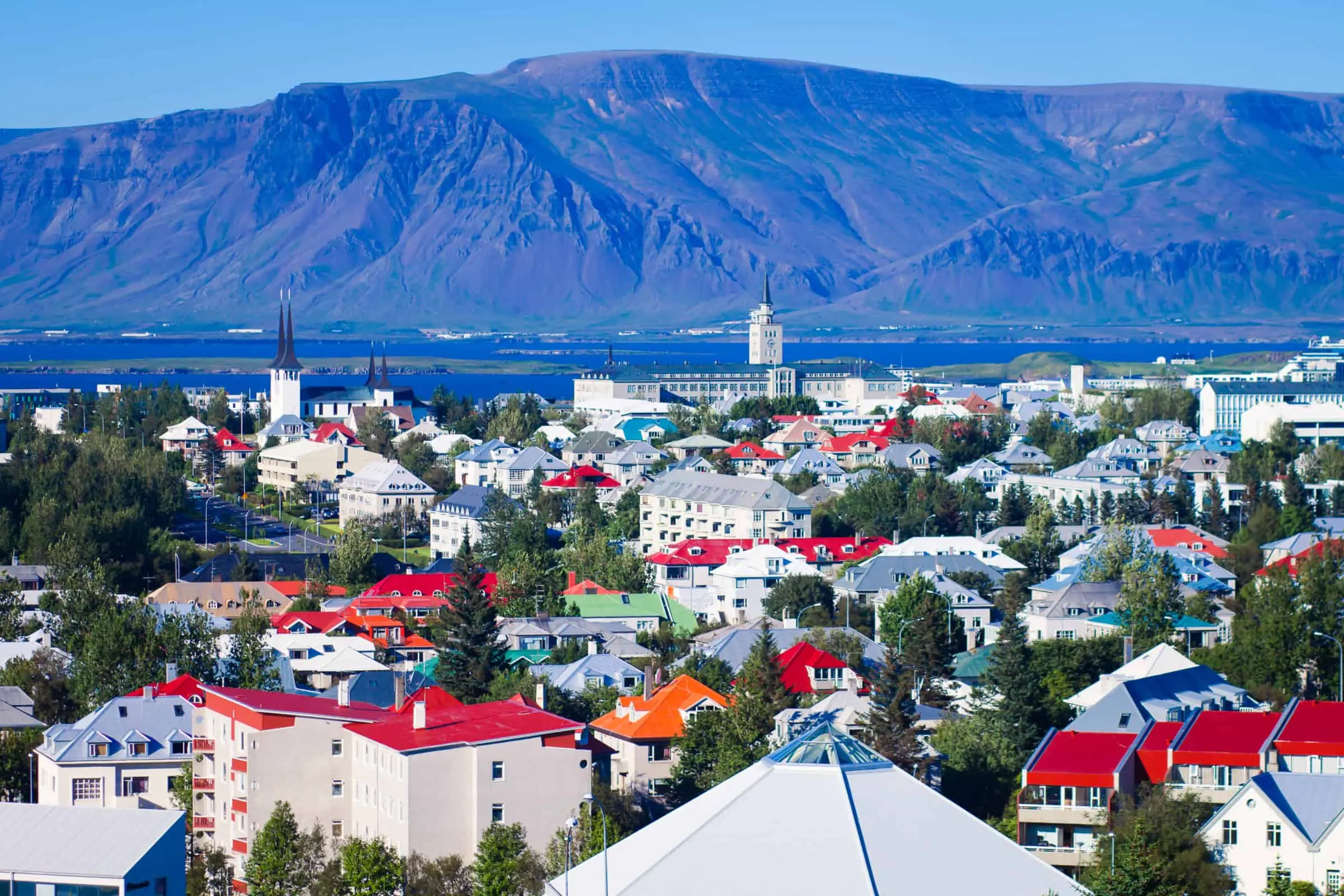
Reykjavik, Iceland’s vibrant capital, is a city where urban charm meets stunning natural beauty. With its colorful streets, rich cultural heritage, and access to breathtaking landscapes, it’s a destination that leaves a lasting impression on every traveler.
From savoring Icelandic delicacies to marveling at the magical Northern Lights, Reykjavik offers a unique blend of experiences that cater to adventurers, culture enthusiasts, and relaxation seekers alike.
Planning a visit here means uncovering countless treasures, from geothermal pools to world-class museums. By knowing the best times to visit, top sights to visit, and local tips, you’ll be set to make the most of your Reykjavik adventure.
Why Visit Reykjavik?
Reykjavik is more than just a capital city; it’s a treasure trove of Icelandic culture, history, and natural beauty. Its compact size makes it easy to explore, and the city's warm, welcoming vibe ensures visitors feel at home. Reykjavik offers something for everyone, from geothermal pools and vibrant nightlife to museums and outdoor adventures.
Beyond the city’s attractions, Reykjavik serves as a perfect launchpad for day trips to the Golden Circle, the Blue Lagoon, and other iconic Icelandic sites. With its unique blend of urban and natural experiences, Reykjavik reminds us that it is important to travel, opening doors to unforgettable memories and cultural connections.
Reykjavik On The Map
Reykjavik is located on Iceland's southwest coast, with a view of the expansive Faxaflói Bay. In addition to being strategically located, the city offers easy access to several of Iceland's most well-known landmarks.
The first Viking settlers arrived in Reykjavik in 874 AD, marking the beginning of its history. From a tiny fishing community, the city has developed into the political and cultural hub of Iceland. Museums that display items and tales from Reykjavik's past, such as the Settlement Exhibition and the Saga Museum, provide insights into this journey.
Even though Reykjavik is the biggest city in Iceland, it feels like a little hamlet. Because of its small size, the majority of the attractions, such as the Harpa Concert Halland Hallgrímskirkja Church, are easily accessible on foot. The surrounding area is a traveler's delight, with breathtaking views of the seashore, mountain scenery, and geothermal activity.
Reykjavik’s Cultural Highlights
Local Art And Music Scene
With a flourishing music and art scene, Reykjavik is the cultural center of Iceland. Every part of the city is transformed into an outdoor gallery by the colorful murals and graffiti that adorn its streets. Art enthusiasts can check out shows at Harpa Concert Hall and galleries such as the Reykjavik Art Museum.
Reykjavik is well known for its music as well, and it hosts everything from small-scale performances at Harpa to large-scale events in quaint cafes. Reykjavik's reputation as a global music hub is cemented by Iceland Airwaves, an annual music festival that features both local and international talent.
Festivals And Events
Festivals like Culture Night, when the streets are filled with live music, dance, and art, and the Reykjavik Arts Festival, which honors creativity in all its forms, bring the city to life and are not to be missed. For travelers seeking cheapest places to travel in Europe, Reykjavik might not be the first option, but with careful planning and off-season visits, it can still offer an affordable and enriching experience.
Beaches In Reykjavik
Nauthólsvík Geothermal Beach
Nauthólsvík is a testament to Reykjavik’s ingenuity. This man-made geothermal beach offers a one-of-a-kind experience where visitors can swim in warm waters even during Iceland’s chilly weather. Heated by geothermal energy, the beach is a popular spot for relaxation and cold-water plunges.
Coastal Views And Scenic Spots
1. Grótta Lighthouse Peninsula
Located near Reykjavik's northwest tip, Grótta is a lovely coastal jewel with stunning views of the Atlantic Ocean. Located on a small islet that is accessible at low tide, the location is most famous for its iconic lighthouse. Visitors swarm here to take in the serene atmosphere, which makes it the perfect place for a leisurely walk or some alone time by the water.
2. Ægissíða Coastal Walk
Ægissíða, stretching along the western edge of Reykjavik, is a beautiful coastal promenade that invites visitors to enjoy leisurely walks with panoramic views of the ocean. This serene pathway winds through residential areas, giving a glimpse of Icelandic living while offering a peaceful retreat by the sea. With benches and grassy spots along the route, it’s perfect for picnics, reading, or simply taking in the crisp sea breeze.
Top Attractions In Reykjavik
1. Hallgrímskirkja Church
Standing tall in the city center, Hallgrímskirkja is Reykjavik’s most iconic landmark. Its unique design, inspired by Iceland’s basalt columns, makes it a must-visit for architecture enthusiasts. The church’s tower offers sweeping views of the city, the ocean, and nearby mountains, making it a prime spot for photography.
2. Harpa Concert Hall
A marvel of modern architecture, Harpa Concert Hall dazzles with its glass facade, which reflects Reykjavik’s ever-changing sky. Beyond its architectural beauty, Harpa is a cultural hub, hosting concerts, theater performances, and exhibitions.
3. Sun Voyager Sculpture
The Sun Voyager is a spectacular steel sculpture that looks like a Viking ship and is found along the shoreline. It is a popular location for tourists to take pictures and enjoy the environment, and it represents freedom, hope, and discovery.
4. National Museum Of Iceland
The National Museum provides an extensive look of Iceland's rich past, spanning from the Viking Age to the present, for those who enjoy history. Photographs, interactive displays, and relics from Iceland's past are all part of its exhibits.
5. Perlan Museum And Observation Deck
Perlan combines science, art, and nature under one roof. With exhibits on glaciers, volcanoes, and the Northern Lights, it’s an educational and immersive experience. The observation deck provides breathtaking 360-degree views of Reykjavik and its surroundings.
Reykjavik’s Natural Wonders
Whale Watching
Reykjavik is one of the best places in Europe for whale watching. Tours depart from the Old Harbor, offering opportunities to spot minke whales, humpbacks, dolphins, and puffins. The tours are led by expert guides who provide fascinating insights into marine life.
Northern Lights
Reykjavik’s proximity to dark, open skies makes it an excellent location for witnessing the Northern Lights. While the city itself offers good viewing spots, guided tours often take you to areas with minimal light pollution for an even more spectacular show.
Nature Trails
Nature enthusiasts will love Reykjavik’s access to outdoor adventures. Trails like those in Heiðmörk Nature Reserve offer serene hiking paths, volcanic landscapes, and the chance to see Iceland’s unique flora and fauna.
Food And Drink In Reykjavik
Traditional Icelandic Dishes
Reykjavik’s culinary scene is a celebration of Iceland’s natural resources. From lamb soup and plokkfiskur (fish stew) to fresh seafood and skyr (Icelandic yogurt), there’s a dish to suit every palate.
Dining Experiences
Reykjavik boasts a variety of dining options, from Michelin-starred restaurants like Dill to casual eateries offering Icelandic hot dogs. Many cafes and restaurants prioritize locally sourced ingredients, ensuring fresh and flavorful meals.
Shopping In Reykjavik
Laugavegur Street
The busy main shopping area of Reykjavik, Laugavegur, is home to a variety of upscale boutiques, regional artisan stores, and cutting-edge fashion retailers. It's the ideal location to find handmade jewelry, distinctive gifts, and Icelandic wool sweaters.
Specialty shops offering regional cosmetics, home items, and Icelandic artwork can also be found along the route. Laugavegur is a must-visit for shopping since it offers something for every taste and highlights the finest of Icelandic workmanship and design.
Flea Markets
Kolaportið is Reykjavik’s largest flea market, located near the harbor. It’s a quirky spot for vintage items, secondhand books, and Icelandic memorabilia. You can also find traditional snacks like dried fish and licorice, along with more adventurous treats like hákarl (fermented shark).
The market’s lively atmosphere and affordable prices make it an excellent place to pick up unique souvenirs and experience a more authentic side of Reykjavik.
Reykjavik Travel Tips
Best Time To Visit Reykjavik
Reykjavik’s summer months (June to August) are ideal for enjoying mild weather, nearly 24-hour daylight, and vibrant festivals like Iceland’s National Day. Winter (November to February), while colder, offers magical Northern Lights displays and festive Christmas markets, making it equally enchanting for travelers.
Getting Around Reykjavik
The majority of Reykjavik's attractions are conveniently located inside the city's compact and walkable layout. The Straetó bus system is effective and easy to use for destinationsoutside of the city center, and bike rentals are a fantastic choice for those who want to see the beautiful surrounds at their own speed.
Packing Essentials For Reykjavik
Iceland’s weather can be unpredictable, so pack smart with layers to adapt to temperature changes. Waterproof clothing, a sturdy windproof jacket, and reliable footwear are must-haves. Don’t forget essentials like gloves, a hat, and reusable water bottles to stay comfortable during your adventures.
Reykjavik Itineraries
One-Day Itinerary In Reykjavik
- Morning:Start your day at Hallgrímskirkja Church for stunning city views, then visit the Harpa Concert Hall to admire its modern architecture.
- Afternoon:Walk along the waterfront to see the iconic Sun Voyager sculpture and soak in the scenic coastal views.
- Evening:Enjoy Icelandic cuisine at a local restaurant before heading out on a Northern Lights hunt if visiting in winter.
Three-Day Itinerary In Reykjavik
- Day 1:See local sights including the Old Harbour, art galleries, and museums to completely engulf yourself in Reykjavik's culture.
- Day 2:Take a day trip to the Golden Circle to see Þingvellir National Park, Geysir hot springs, and Gullfoss waterfall.
- Day 3:For a relaxing conclusion to your journey, relax at the Blue Lagoon and then visit the neighboring nature paths.
Weekend Getaway Highlights
Maximize your short visit by combining Reykjavik’s top sights with a trip to Thingvellir National Park, where you can marvel at Iceland’s unique geological formations and historic significance. For those planning a quick trip, tips for a long weekend getawaycan help make the most of your time, ensuring you experience the best of Reykjavik and its surroundings.
FAQs
How Expensive Is Reykjavik?
Reykjavik can be pricey, but budgeting smartly, using public transport, and exploring free activities like walking tourscan help save money.
What’s The Best Way To Experience Reykjavik’s Nightlife?
Visit Laugavegur Street, where bars and clubs offer a vibrant mix of live music, cocktails, and dancing.
Are There Kid-friendly Attractions In Reykjavik?
Yes, places like Perlan Museum and Whales of Iceland are great for families.
Is Reykjavik Walkable For Tourists?
Absolutely! Most attractions are within a short walking distance, and the city center is pedestrian-friendly.
How Do You Book Northern Lights Tours In Reykjavik?
You can book online, through local tour operators, or via your hotel. Tours often include expert guides and transportation.
Conclusion
Reykjavik is a place that captivates with its warmth, inventiveness, and connection to nature; it's more than simply a starting point for seeing Iceland's breathtaking landscapes. Cozy cafés, creative atmospheres, or breathtaking vistas of the surrounding forest are just a few of the city's many noteworthy features.
With its blend of culture, history, and stunning surroundings, Reykjavik beckons you to make memories that will last long after your vacation is over. Regardless of the length of your stay, the Icelandic capital promises a rejuvenating and enriching experience.

Maya Reyes
Author
Maya Reyes’s wanderlust was sparked in the temples of Luang Prabang, where the scent of lemongrass and the chants of monks revealed the transformative power of travel.
Since then, her journey has been defined by cultural immersion and authentic connections. From learning batik in Indonesia to sharing meals with nomadic families in Mongolia, Maya seeks experiences that highlight the human stories behind each destination.
Travel for her is a way to weave her narrative into the world’s cultural tapestry, creating bridges across diverse ways of life. Maya has traveled to 15 countries and shares her insights through writing and storytelling.

Finn Wilde
Reviewer
For Finn Wilde, the wilderness is more than just a destination - it’s a way of life. Over the past decade, he has led multiple expeditions in some of the world’s most remote regions, from the icy fjords of Greenland to the rugged trails of Patagonia.
Finn emphasizes sustainability in all of his adventures, helping participants connect with nature while promoting responsible exploration. His expeditions inspire individuals to explore the great outdoors while fostering a deep respect for the environment.
Latest Articles
Popular Articles
